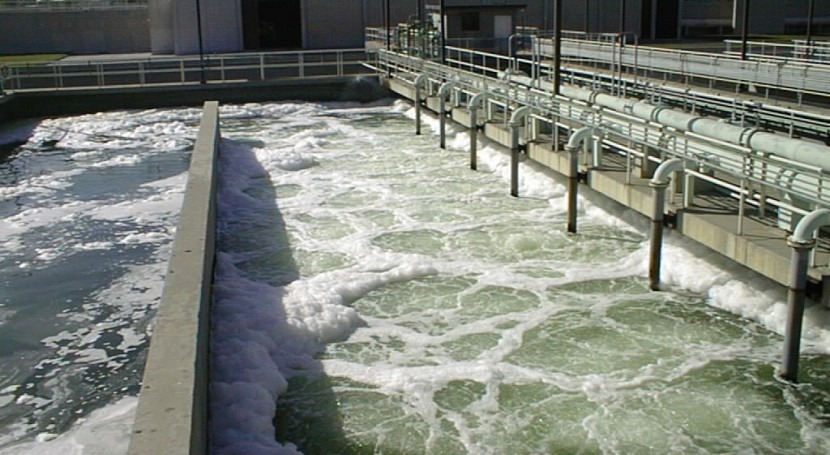In the ever-growing quest for sustainable and eco-friendly solutions, the field of water and wastewater treatment has witnessed a paradigm shift with the emergence of bioculture/ bacteria culture technology.
Bioculture, a carefully curated blend of beneficial microorganisms, plays a pivotal role in transforming sewage and industrial effluents into cleaner, environmentally friendly water. In this blog post, we delve into the profound environmental impact and ecological significance of bioculture in water and wastewater treatment.

The Eco-Friendly Essence:
At its core, bioculture technology embodies the essence of eco-friendliness. Unlike traditional treatment methods that often rely on harsh chemicals and energy-intensive processes, bioculture harnesses the power of nature’s own microorganisms to break down pollutants. The microorganisms in bioculture thrive on organic matter, effectively converting contaminants into harmless by-products through a natural biological process.
Reducing Carbon Footprint:
One of the standout features of bioculture technology is its ability to significantly reduce the carbon footprint associated with water and wastewater treatment. Traditional methods, such as chemical treatments, often demand substantial energy inputs and produce greenhouse gas emissions. In contrast, bioculture operates at lower energy requirements, resulting in a more sustainable and environmentally friendly approach to water treatment.
Biodiversity Preservation:
The ecological significance of bioculture extends beyond its immediate application in treatment plants. By fostering a natural and balanced microbial community, bioculture contributes to the preservation of biodiversity in aquatic ecosystems. Harmful pollutants, when left untreated, can have devastating effects on aquatic life. Bioculture mitigates these impacts by promoting a healthier environment for fish, plants, and other aquatic organisms.
Interested in Sustainable Wastewater Solutions? Discover the Environmental Impact of Bioculture.
Land and Water Conservation:
Traditional treatment methods often require large land areas for the construction of treatment facilities. Bioculture, with its efficiency and compact design, minimizes the land footprint required for water and wastewater treatment plants. This not only preserves valuable land resources but also reduces the disruption of natural habitats. Moreover, the technology’s water-saving attributes contribute to the overall conservation of this precious resource.
Regulatory Compliance and Beyond:
Bioculture technology not only meets but often exceeds regulatory standards for water quality. Its eco-friendly attributes align with the growing global emphasis on sustainable practices. Water treatment facilities using bioculture can position themselves as leaders in environmental stewardship, garnering support from regulatory bodies and communities alike.
In the pursuit of sustainable water and wastewater treatment, bioculture technology stands as a beacon of hope. Its environmental impact, from reducing carbon footprint to preserving biodiversity, showcases a holistic approach to water treatment.
As the world increasingly recognizes the importance of balancing technological advancements with ecological responsibility, bioculture emerges as a key player in fostering a harmonious coexistence between human activities and the environment. Embracing bioculture is not just a step towards cleaner water—it’s a stride towards a more sustainable and ecologically conscious future.
Get in touch with us at info@purewaterent.net, to know more about how your STPs/ETPs can be benefit by our bacteria cultures, and also about our superior offerings in this space!

Rahul Mehta
Rahul Mehta is the Business Development Manager at Pure Water Enterprises, one of the fastest-growing water & wastewater companies in India. Specializing in wastewater filtration, disinfection, and bioremediation, his expertise has helped him understand the Indian water treatment landscape and position the organization's innovative and eco-friendly solutions in the most efficient way possible.




